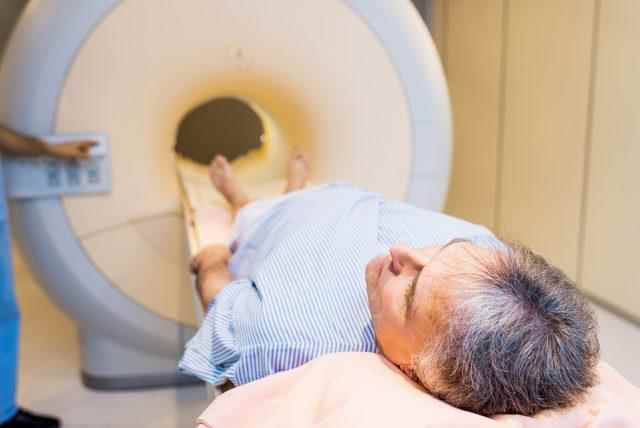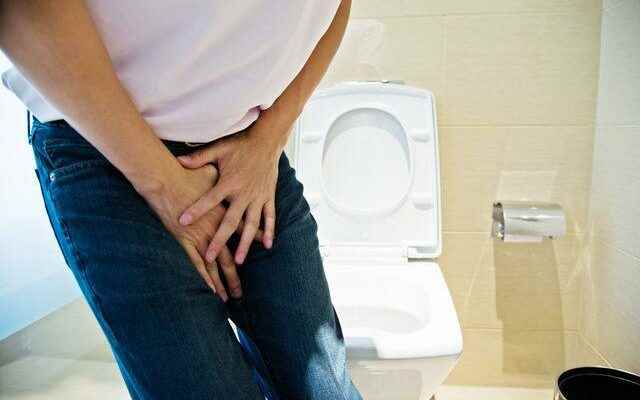Prostate cancer ranks second in cancer-related deaths. Prostate cancer is the most common type of cancer seen in our country after lung cancer.
The prostate is a glandular organ in men, approximately the size of a walnut, located under the bladder, producing various secretions for reproductive activities. Prostate cancer, which is especially common in men over the age of 65, cannot be detected until the very late stages. Therefore, early diagnosis plays a vital role in prostate cancer, as in most cancer types.
PROSTATE CANCER SYMPTOMS
For prostate cancer that is difficult to diagnose, the Prostate Cancer Foundation in England has published a list of symptoms that can help detect prostate cancer early. He recommends that those who experience frequent urination at night, which is one of the most important symptoms of prostate cancer, should see a doctor as soon as possible.
- If you have difficulty starting or holding on to urination
- intermittent urine
- If you experience a burning sensation when urinating
- If you have difficulty getting an erection
- painful ejaculation
- blood in urine or semen
- Pressure or pain in the rectum
- Pain or stiffness in the lower back, hip, pelvis, or thigh.
Because prostate cancer often metastasizes to the bone (it can spread), it can cause severe pain in the lower back, hips or legs.
Because the prostate gland is located just below the bladder, the most common symptoms are urinary system problems. After the enlargement of the prostate due to the tumor, pressure on the prostate gland, bladder and urinary tract may cause symptoms such as frequent urination, intermittent and slow flow of urination, and bleeding during urination, which is expressed as hematuria.

Erectile dysfunction, defined as erectile dysfunction (impotence), may also be among the symptoms associated with prostate cancer, so care should be taken.
